Windows 10X: what is it and which devices can use it?
Microsoft bets on foldable tablets despite some rivals developing bendable devices
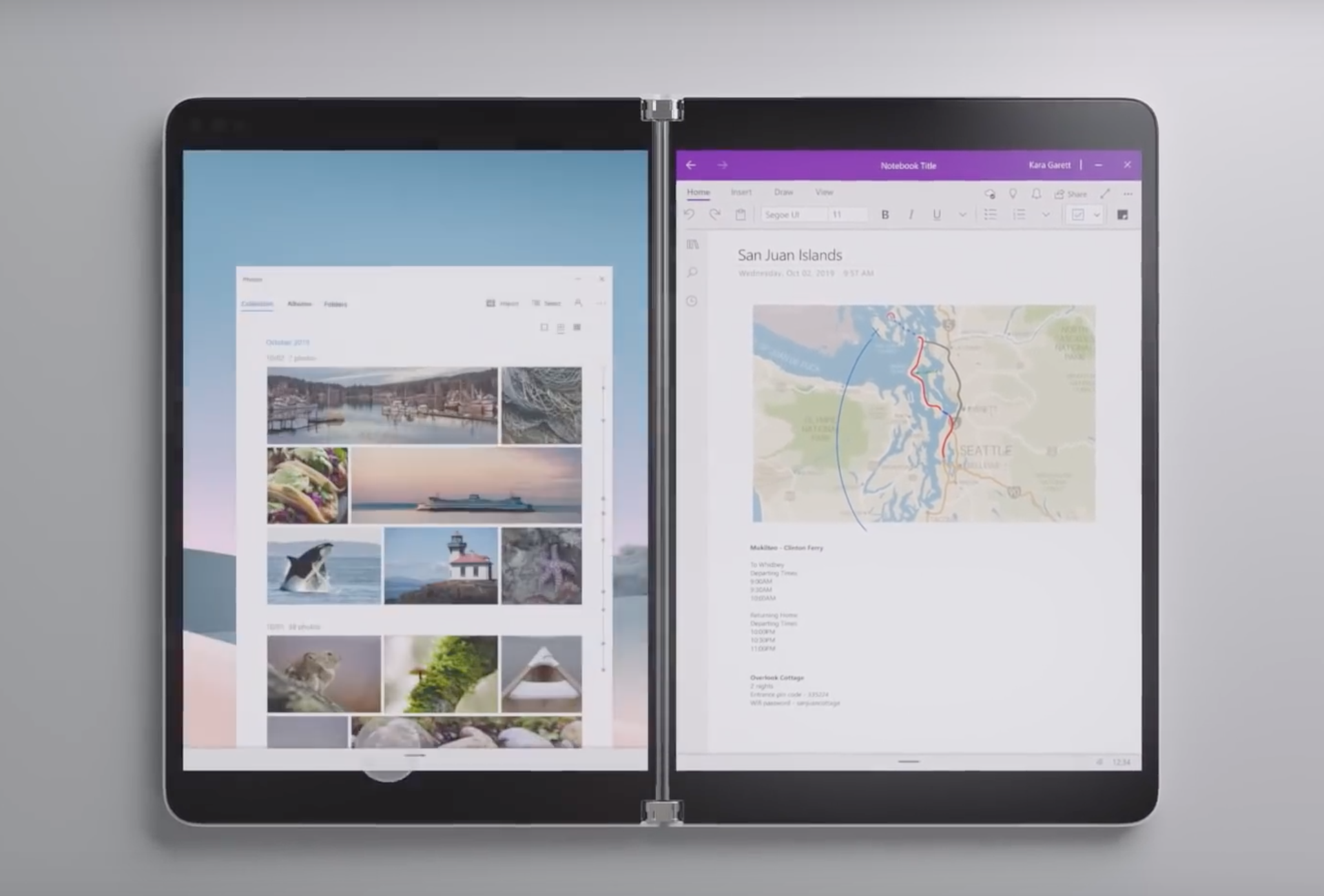
A free daily email with the biggest news stories of the day – and the best features from TheWeek.com
You are now subscribed
Your newsletter sign-up was successful
Microsoft announced a new form of its Windows operating system last week that’s set to power a wave of foldable devices from both the company itself and its third-party partners.
Announced in New York last Wednesday alongside a range of new products, including a foldable tablet and an Android-powered smartphone, Windows 10X is designed to work exclusively with devices that fold in the middle.
Unlike Samsung, which has recently released its Galaxy Fold smartphone with a single bendable display, Microsoft is banking on dual-screen devices being more reliable.
The Week
Escape your echo chamber. Get the facts behind the news, plus analysis from multiple perspectives.

Sign up for The Week's Free Newsletters
From our morning news briefing to a weekly Good News Newsletter, get the best of The Week delivered directly to your inbox.
From our morning news briefing to a weekly Good News Newsletter, get the best of The Week delivered directly to your inbox.
The software is expected to launch towards the end of next year with Microsoft’s newly announced Surface Neo tablet, says TechCrunch, before making its way on to dual-screen devices from the likes of Dell, Lenovo and HP.
What is Windows 10X?
In short, Windows 10X is a heavily revised version of Microsoft’s computer software that’s specially designed for portable devices with two screens.
According to Engadget, the operating system is “considerably more efficient” than today’s Windows 10 and “sports an interface optimised for dual screens, including more elegant app placement and a more touch-friendly Start menu”.
A free daily email with the biggest news stories of the day – and the best features from TheWeek.com
The system also offers better multitasking functions than Windows 10, says tech news site BleepingComputer. For instance, users will be able to study a graph on one page while taking a Skype video call on the other.
It’s not just designed for the latest software, either. The Verge notes that Windows 10X can run “legacy apps” from Microsoft’s older operating software based on the 32-bit system Win32. The software runs using a “container technology”, allowing legacy apps to operate without putting too much stress on the battery.
Finally, Windows 10X is tipped to be more efficient, meaning users will get more battery power from their dual-screen device, the site adds.
It’s worth noting that the software is still in its infancy and could undergo significant changes once it releases in 12 months’ time.
Why has Microsoft gone foldable - not bendable?
Microsoft has chosen to develop dual-screen foldable devices, as opposed to the more hi-tech bendable displays seen on the new Samsung Galaxy Fold and Huawei’s upcoming Mate X.
According to the BBC, one industry analyst believes that the troubles Samsung faced with the Galaxy Fold, which was delayed by five months after several reviewers ran into major screen failures, may have put Microsoft off bendable screen technology.
Speaking to the broadcaster, Ben Wood, research chief at CCS Insights, said: “Given the issues Samsung had with the initial version of the Galaxy Fold and the wider challenges around the fragility of flexible displays, it makes sense that device makers are experimenting with alternative designs.”
But Microsoft’s product chief, Panos Panay, told the BBC that dual-screen hardware and software benefits user productivity.
“The overload is much less,” he said. “I’m staying in context on a web browser on one side, and I’m looking at my mail on the other. Or, I have a calendar on one side, and I have my mail on the other.”
So what devices are compatible with it?
Not a lot, given that the software isn’t expected to launch until the end of next year.
The only device that’s currently confirmed to run the software is the upcoming Surface Neo, though The Verge says Asus, Dell, HP and Lenovo all have devices in the works that will use Windows 10X.
However, existing dual-screen gadgets cannot run the operating system, nor will the company’s upcoming Surface Duo smartphone - which is powered by Google’s Android, the tech site says.
-
 The ‘ravenous’ demand for Cornish minerals
The ‘ravenous’ demand for Cornish mineralsUnder the Radar Growing need for critical minerals to power tech has intensified ‘appetite’ for lithium, which could be a ‘huge boon’ for local economy
-
 Why are election experts taking Trump’s midterm threats seriously?
Why are election experts taking Trump’s midterm threats seriously?IN THE SPOTLIGHT As the president muses about polling place deployments and a centralized electoral system aimed at one-party control, lawmakers are taking this administration at its word
-
 ‘Restaurateurs have become millionaires’
‘Restaurateurs have become millionaires’Instant Opinion Opinion, comment and editorials of the day
-
 Why 2025 was a pivotal year for AI
Why 2025 was a pivotal year for AITalking Point The ‘hype’ and ‘hopes’ around artificial intelligence are ‘like nothing the world has seen before’
-
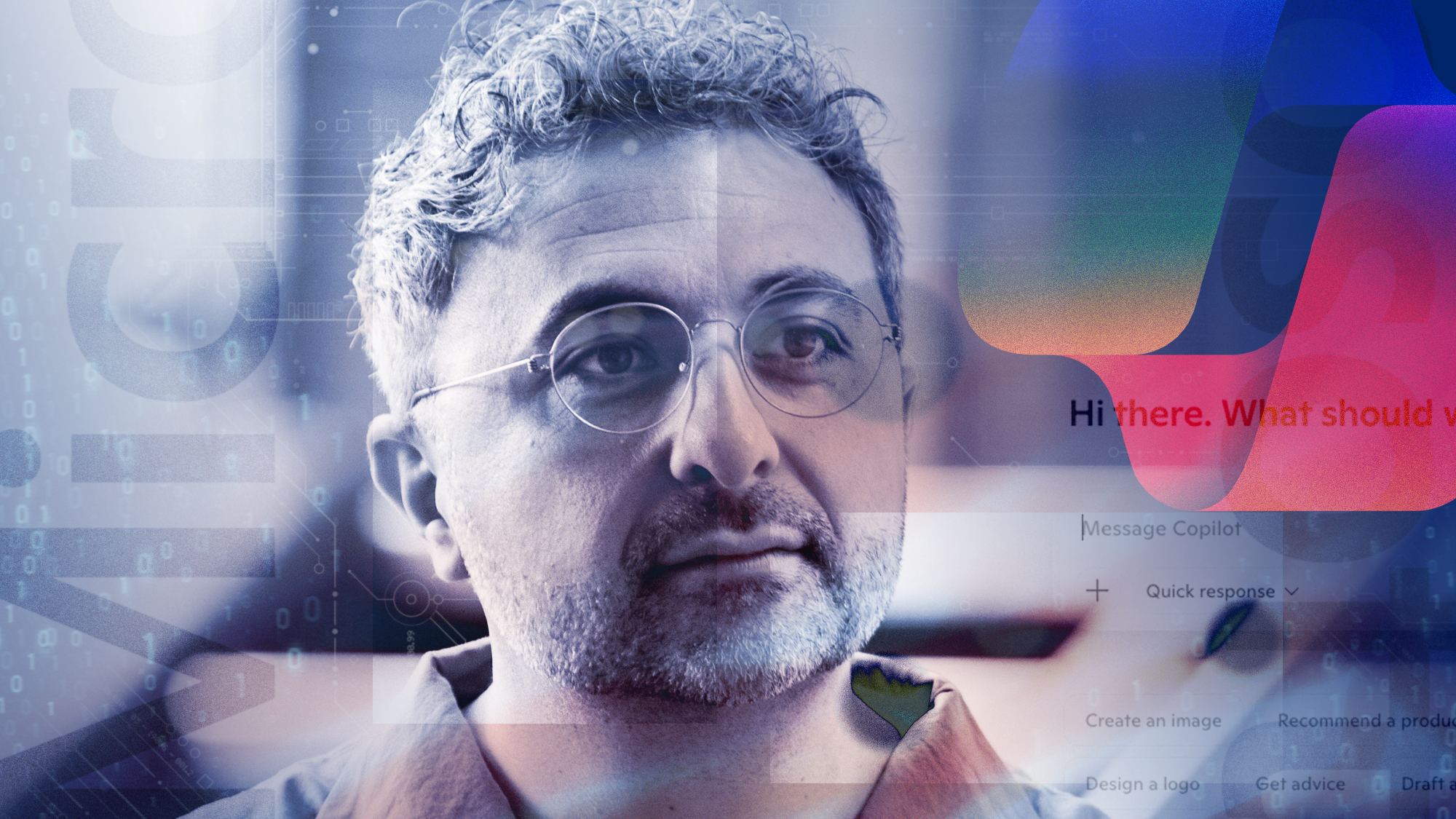 Microsoft pursues digital intelligence ‘aligned to human values’ in shift from OpenAI
Microsoft pursues digital intelligence ‘aligned to human values’ in shift from OpenAIUNDER THE RADAR The iconic tech giant is jumping into the AI game with a bold new initiative designed to place people first in the search for digital intelligence
-
 How the online world relies on AWS cloud servers
How the online world relies on AWS cloud serversThe Explainer Chaos caused by Monday’s online outage shows that ‘when AWS sneezes, half the internet catches the flu’
-
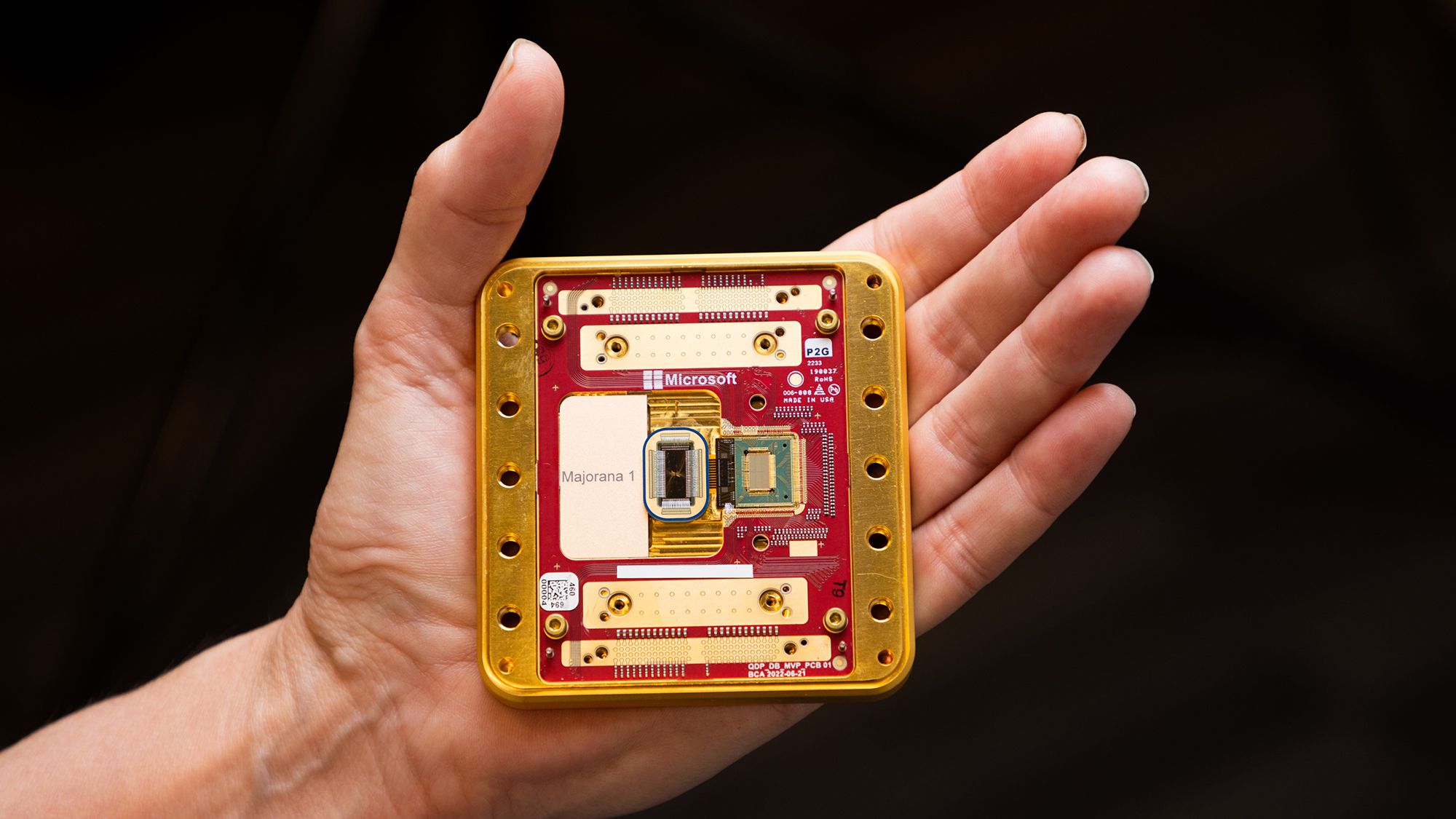 Microsoft unveils quantum computing breakthrough
Microsoft unveils quantum computing breakthroughSpeed Read Researchers say this advance could lead to faster and more powerful computers
-
 Microsoft's Three Mile Island deal: How Big Tech is snatching up nuclear power
Microsoft's Three Mile Island deal: How Big Tech is snatching up nuclear powerIn the Spotlight The company paid for access to all the power made by the previously defunct nuclear plant
-
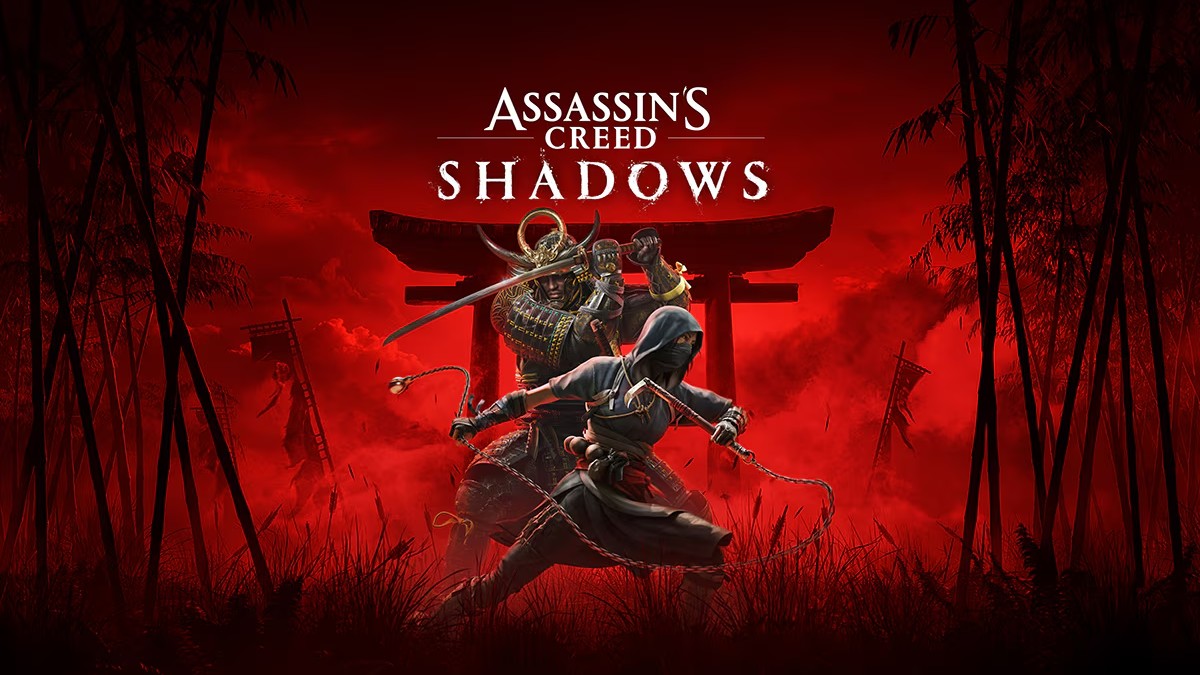 Video games to play this fall, from 'Call of Duty: Black Ops 6' to 'Assassin's Creed Shadows'
Video games to play this fall, from 'Call of Duty: Black Ops 6' to 'Assassin's Creed Shadows'The Week Recommends 'Assassin's Creed' goes to feudal Japan, and a remaster of horror classic 'Silent Hill 2' drops
-
 CrowdStrike: the IT update that wrought global chaos
CrowdStrike: the IT update that wrought global chaosTalking Point 'Catastrophic' consequences of software outages made apparent by last week's events
-
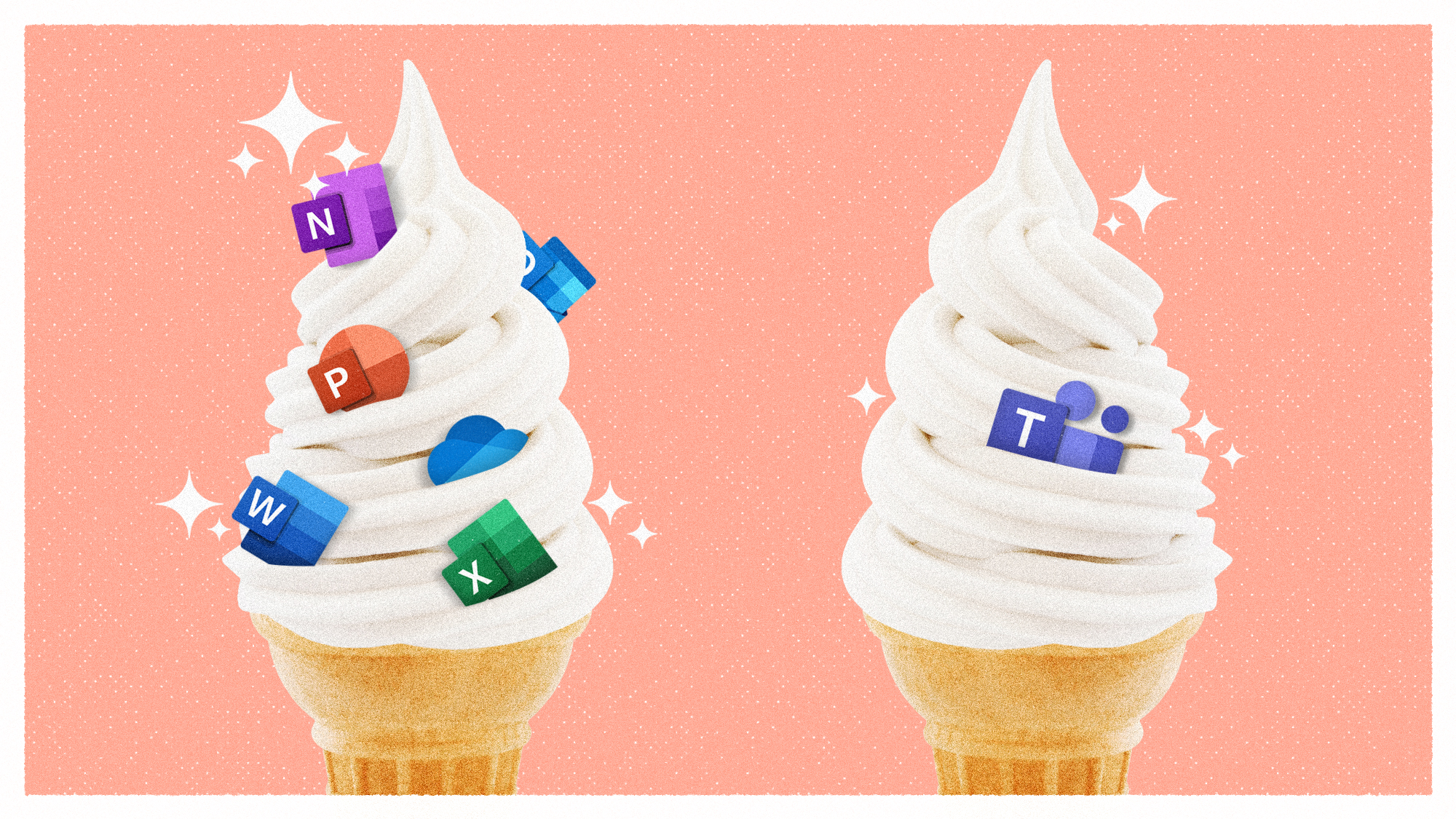 Why is Microsoft breaking up Teams and Office?
Why is Microsoft breaking up Teams and Office?Today's Big Question The company had previously divided the software in Europe, but will now make this change globally